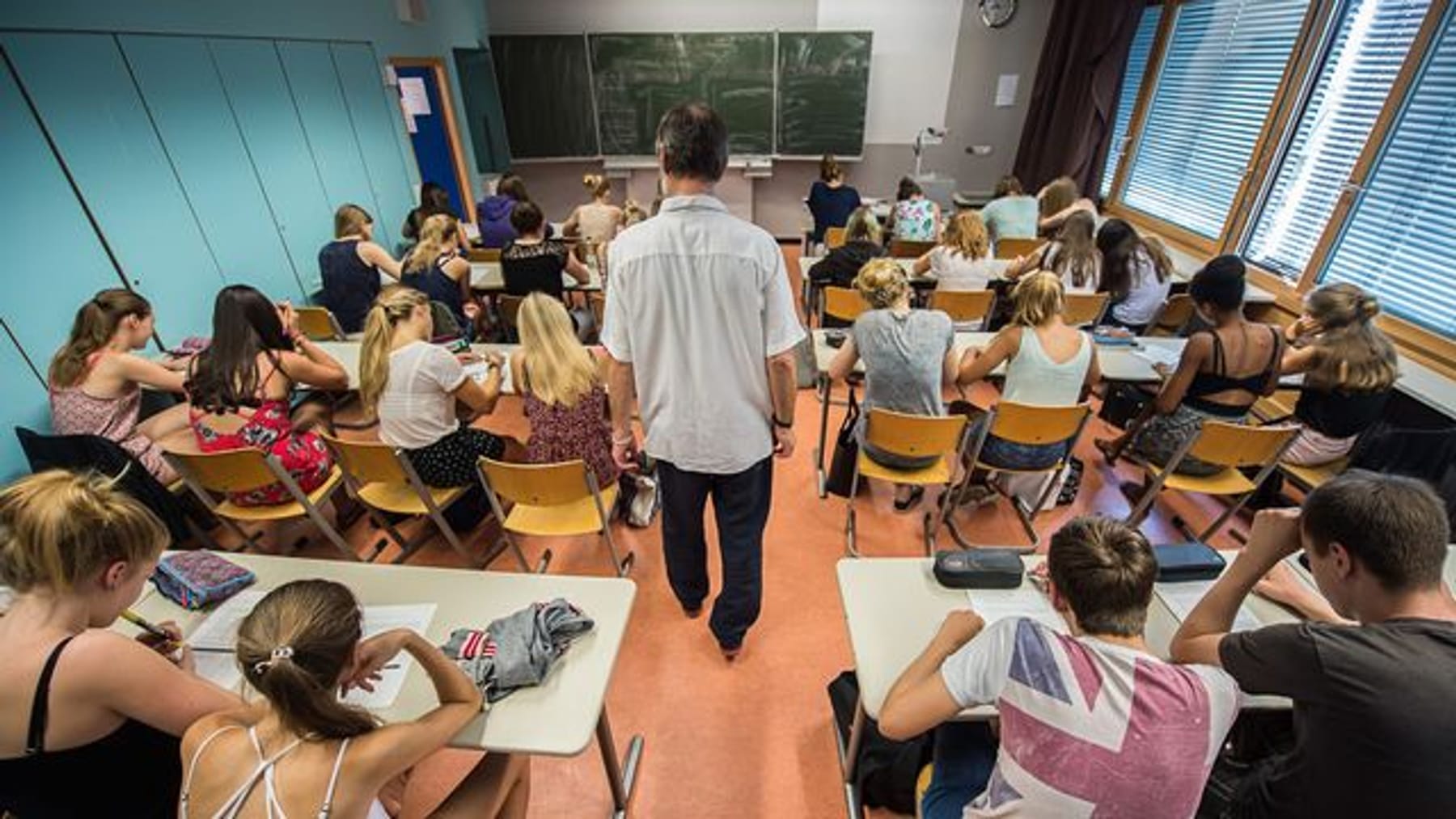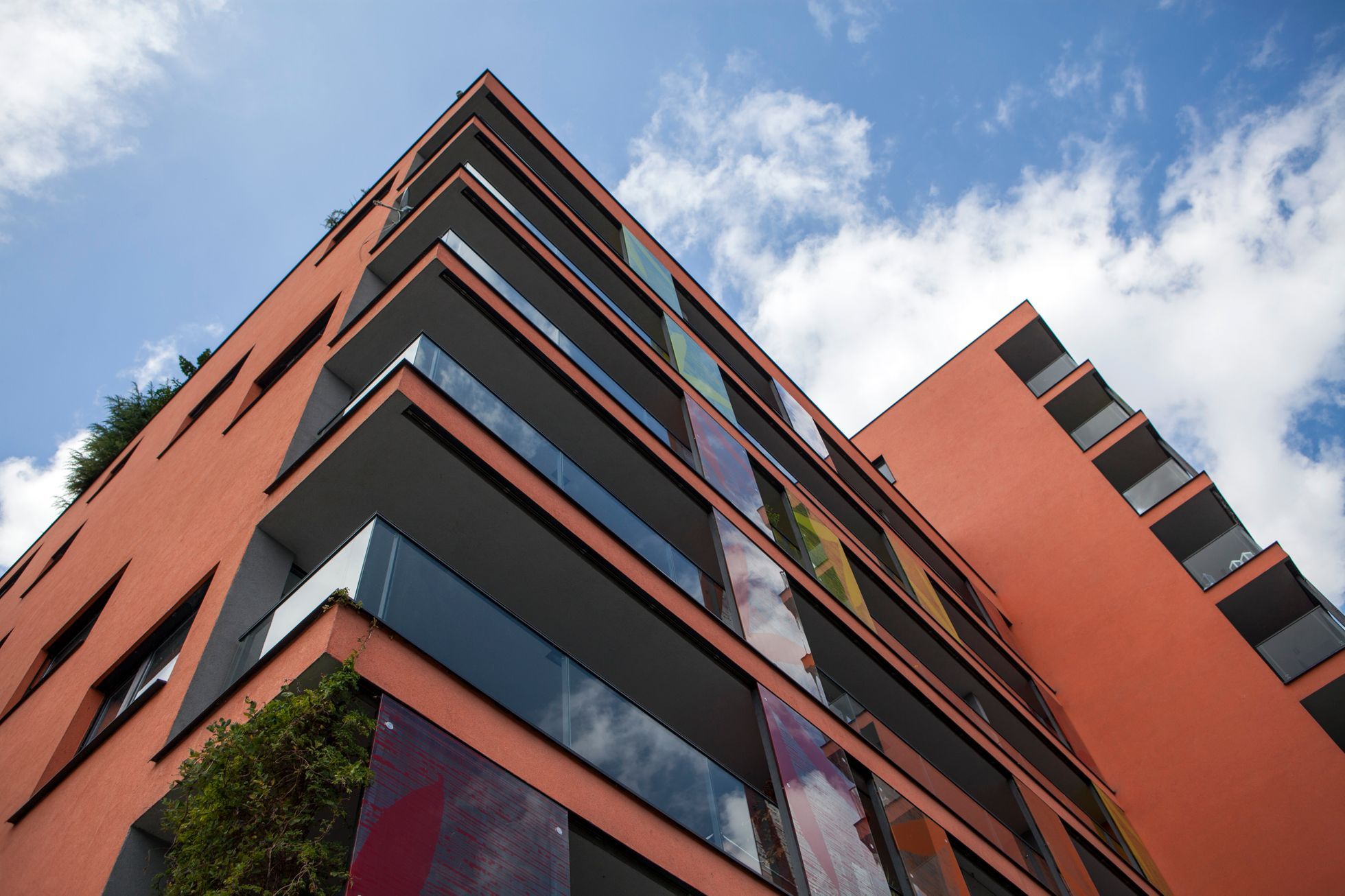Questions are translated back and forth
–
The study has also been criticized for as long as it has existed. Can school achievements of completely different cultures really be compared? Yes, say those responsible for PISA in Germany from the Center for International Comparative Education Studies (ZIB) at the Technical University of Munich. Everyone gets the same tasks. These were previously developed by international experts in a year-long process, translated back and forth so that they are the same weight everywhere.
–
“Everything is done to ensure that the tasks work the same in all countries,” says educational researcher Olaf Köller from the German PISA team. “As a rule, tasks that are found to be particularly easy or difficult in the tests in individual countries are removed.”
–
“Fever measured more precisely”
–
Nevertheless, critics doubt the validity or criticize the conclusions drawn from the results. Pisa has brought “well-known findings” back into focus with media attention, namely that far too many young people do not achieve the minimum goals of school and that success at school is largely dependent on social background, says educational researcher Hans Brügelmann. “But Pisa and the other large-scale studies have neither better explained the causes of these long-suppressed shortcomings, nor have they been able to justify effective measures: Measuring fever more precisely is not a diagnosis – and simply reducing the fever is not therapy.”
–
PISA representative Köller also expects that the current test round will again show that up to a quarter of 15-year-olds fail the simplest tasks in reading, math and science.
–
Mathematics didactician Wolfram Meyerhöfer considers Pisa to be “completely superfluous” for the educational landscape. The test does nothing to improve teaching. At the top, the “East Asian Drill States” consistently produced high test scores. However, Pisa does not give any indication of how teaching can be improved in line with European educational traditions. “The federal states should cancel the Pisa subscription,” demands Meyerhöfer.
–
The scientists in the Pisa team see the limits of the performance comparison, but defend it in principle. “We all know that school and the income from school are more than these three areas that are surveyed in Pisa,” says Koeller. “It’s not about education as a whole, but about basic skills, about basic education that is checked, but is an important prerequisite for being able to continue learning over the course of life.”
–
The head of the study in Germany, the educational scientist Doris Lewalter, speaks of “important indicators”. “Their meaningfulness is very high for the questions that the study examines, but they do not cover all school learning in its entirety.” Lewalter points out that Pisa also tests creative thinking. Additional questionnaires filled out by students, teachers and parents also provide “more than just curricular knowledge and also something about the context of teaching and learning”.
–
Those responsible for Pisa assume that the test series will continue in the long term. In the next round in 2025, foreign language skills are to be tested for the first time in addition to the three standard areas.
—


